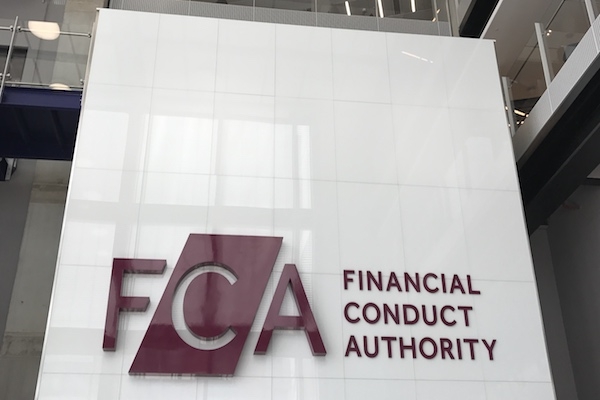Ahead of a consultation deadline tomorrow, the FCA has responded to concerns about its proposals to make public details of enforcement investigations against regulated firms.
In a letter to the Financial Service Regulation Committee, it said: “A degree of greater transparency will amplify the deterrent impact of our work.”
It has been consulting since then on whether it should shift from only naming firms subject to enforcement investigations in exceptional circumstances to naming them where it is in the public interest to do so.
The consultation ends tomorrow, Tuesday 30 April.
At the time of the announcement PIMFA, the wealth and investment management trade body, raised “serious concerns” about the FCA’s proposals. The plans could cause serious harm to firms, particularly small ones, PIMFA warned.
Others have voiced concerns too, and PIMFA joined forces with 15 other trade bodies in a letter published on Friday to ask the chancellor Jeremy Hunt to intervene over the FCA's proposals, warning that they would "have an unduly negative impact on the reputation on firms." The other trade bodies signing the letter included UK Finance, TheCityUK and the Association of British Insurers.
The Financial Service Regulation Committee wrote to the regulator on 18 April prompting the FCA’s response.
In its letter to Lord Forsyth of Drumlean, chair of the Committee, the FCA said: “Enforcement action is a vital tool. Its purpose goes beyond penalising specific misconduct. To tackle unlawful behaviour and ensure the UK’s high standards for the protection of consumers and market integrity are met, our enforcement work needs to deliver impactful deterrence. Done effectively, it builds confidence and trust in our markets.
“We must, and will continue to, treat subjects of investigation fairly and meet legal thresholds of proof overseen by the UK’s widely respected tribunals and courts.”
It said it was consulting on changes because it no longer consider that its current approach of a presumption against disclosure adequately serves our primary statutory objectives or supports an appropriate degree of transparency and accountability, including to Parliament.
It said it also considers that clean markets with more effective enforcement of proportionate regulation support competitiveness of the UK economy and wider financial services industry, including its reputation.
It said a degree of greater transparency will amplify the deterrent impact of the FCA’s work in several ways:
- By making firms aware at a much earlier stage of the process of important issues where they may need to examine their own conduct and processes and raise standards.
- By enhancing public confidence and demonstrating that we are deploying our investigation tool for the protection of consumers and markets, building trust in the system. This includes providing assurance to investors who may have been subject to significant harm (or even fraud) that matters are being investigated.
- By improving our own accountability and enabling greater and more timely and more granular scrutiny of our effectiveness.
- By encouraging witnesses to come forward.
Discussing the issue in an article published in today’s City AM, Therese Chambers and Steve Smart, the FCA’s joint executive directors of enforcement and market oversight, wrote: “We believe our new approach to enforcement – more transparent, better prioritised, pacier – should help us deliver impactful deterrence, making sure that firms know what’s expected of them and consumers know where we are on the case. It should bolster transparency and accountability of the FCA.
They added: “The success of the UK’s financial markets has long been built on our country being a beacon for fair play, cleanliness and integrity. And we believe these proposals will help the UK’s financial markets to sustain their competitiveness and continue to flourish.”
The FCA is still seeking feedback on its proposals, although the deadline is tomorrow. Any firms or individuals that would like to respond, should send answers to the questions on the regulator’s online response form by 30 April.

